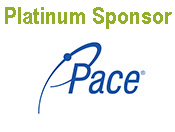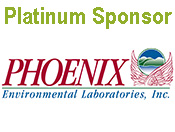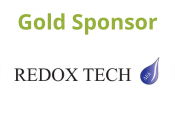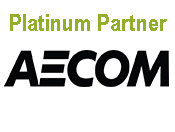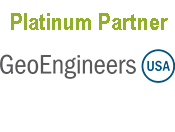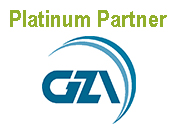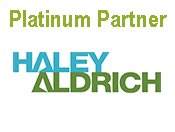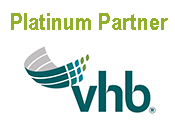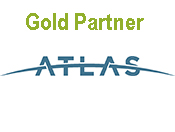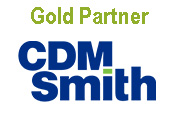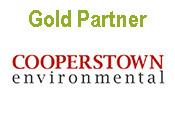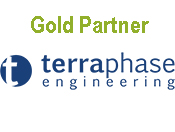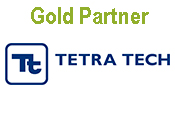The LSPA is pleased to have awarded three WES Professional Practice Grants, totaling $17,500,
over the past two years. The WES Grant award is a great way to secure funding to delve deeper into a topic of your choice that will further waste site cleanup work and advance the professional practice of LSPs. More details on the most recent projects and links to research findings are provided below.
PFAS in New England: An Assessment of Distribution Data from Regulated Sites, Civil and Environmental Consultants (CEC) Inc., Raynham, MA. CEC completed a literature review to better understand the types of PFAS releases in New England. Empirical information was collected on a variety of parameters including PFAS plume length and area, the status of investigation and remedial activities, the maximum concentrations of regulated PFAS compounds detected in groundwater and soil proximal to the source sites, and the industry/source type at each location.
The results of the review include analysis of PFAS distribution at regulated sites in New England to an effort to better identify and understand trends. Jon Kitchen, PG, LSP, presented CEC’s findings at an LSPA member meeting in April 2022. The slides and video from that meeting are available here.
Evaluation of PFAS in Rain Across the Commonwealth of Massachusetts, Woodard & Curran, Inc., Canton, MA. Woodard & Curran recently conducted a study to assess if PFAS is present in rain falling across Massachusetts and if so, at what levels relative to other studies. Another research question explored differences in PFAS concentration when different precipitation event types are considered. Twenty-five sampling stations were distributed across the Commonwealth.
At an LSPA May 2022 member meeting, the Woodard & Curran project team discussed the geographic distribution of PFAS detected and explored the different dynamics of each storm event. The slides and video from that meeting are available here.
A third study, High Viscosity LNAPL Recoverability Assessment, is currently underway by Steve Boynton, LSP, of Subsurface Environmental Solutions (SES), Andover, MA. This research builds on the MCP requirement to evaluate LNAPL recovery “if and to the extent feasible.” The project will evaluate LNAPL thickness measurability by tracking the time required to obtain the depth to the LNAPL/water interface for various mixtures of No. 2 and No. 6 oil. The objective is to determine the viscosity above which typical transmissivity testing equipment (oil/water interface probes and peristaltic pumps) cannot be reliably used. It is hoped that results will assist in providing LSPs with a simple viscosity-based metric to conclude that transmissivity testing is or is not feasible. SES plans to present findings in a short course for technical LSP credit sometime in Fall 2022.
Do you have a project idea that needs funding? Read more about how to apply for a WES Grant or complete the application formtoday!

